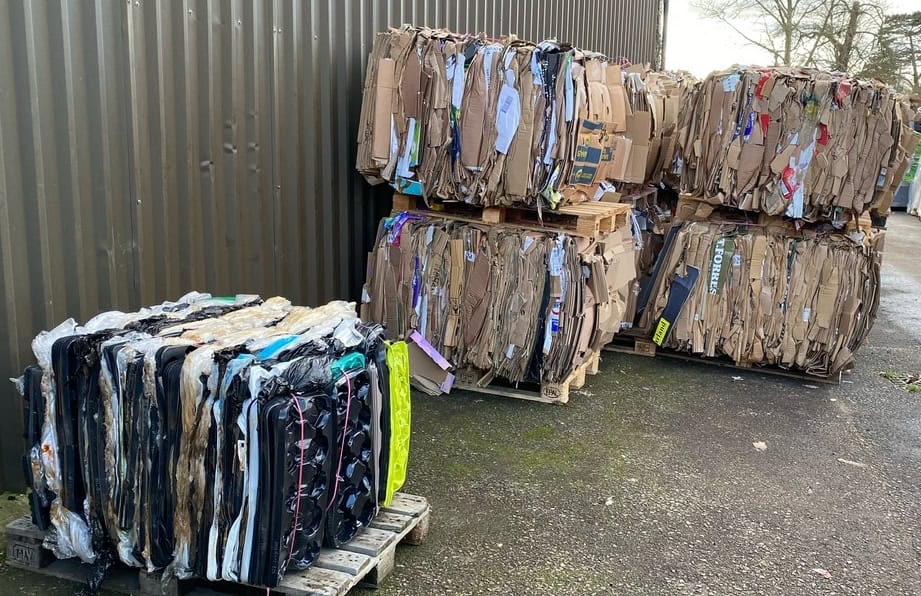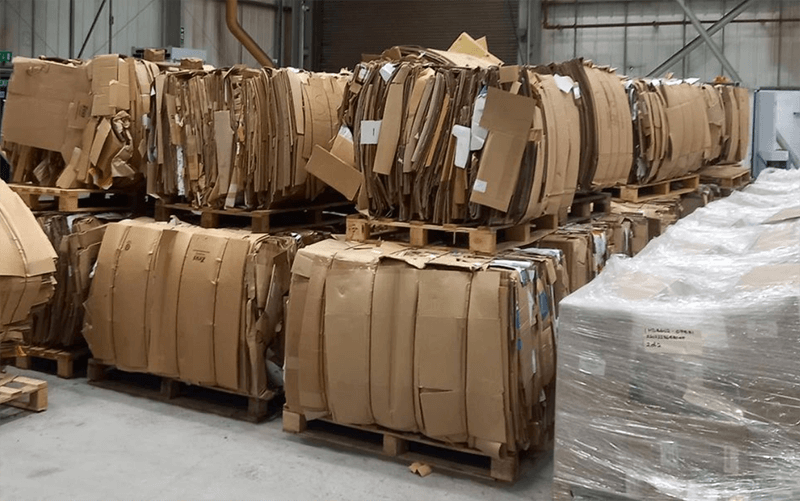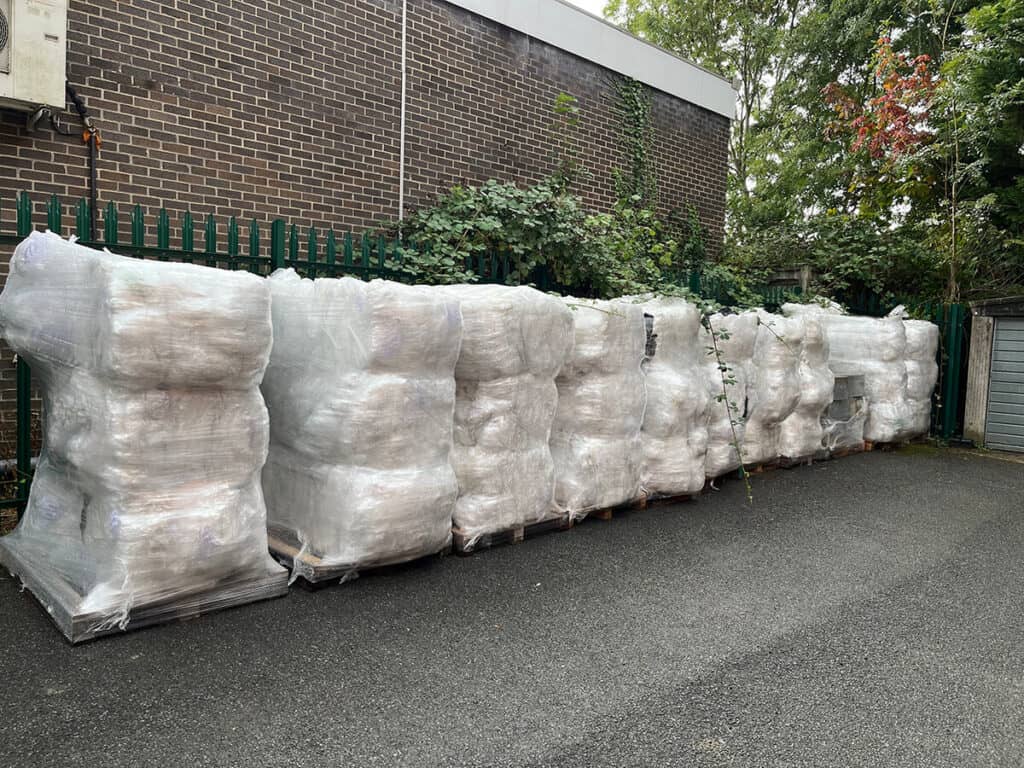Plastic Expert recently visited the Resource Event at London’s ExCel Arena…
We listened to many interesting talks and very enlightened to some very unique ideas about a wide array of topics. In this blog post, we will focus on a talk about the Circular Economy. On the panel were Ida Auken, Former Minister for the Environment, Danish Parliament; Iain Gulland, Chief Executive at Zero Waste Scotland; and Guido Braam, Executive Director at Circular Economy.
For the benefit of this blog post, we will look at some of the questions asked to the panel, but also make our own comments.*
Q: Please introduce your approach to the Circular Economy
Iain: The circular approach is subjective, what we need are the rudiments of a coherent and intelligent method.
Many years ago, Recycling and Waste departments never used to consult with economists, so this is a new approach for the system. The relationship is new, but it involves looking at waste from an economic perspective rather than a physical one. We have become very open to ideas and accelerations in Scotland.
One thing that it is dangerous to do with a circular economy is to talking in trillions (of pounds). Everything is harder in a linear economy, what we must solve to progress in the journey to a circular economy is some of the ecological issues. There are trade-offs to be done and relationship management for the optimization of resources and energy use and logistics must be scrutinized. It all makes sense, but it requires pilots taking place and showing success before the government is willing to make decisions.
Plastic Expert: Iain is right, reaching a circular economy involves a lot of giving and taking and managing relationships to appease both parties, and resources. It’s interesting that he talks about the relationship forming between economists and the recycling and waste industry. In an ideal world, that partnership would have been going on a lot longer, making economic sense of waste, not just seeing it from a physical point of view. This could have saved us millions, billions, or we dare say it, trillions over time!
Q. ‘I am an Austrian living in Copenhagen. Denmark has the highest rubbish production per capita in Europe and the country is designed with district heating systems that are powered by incineration. So, is there no cultural opposition to incineration in Denmark?
Ida: The reason that Denmark has the highest rubbish production per capita in Europe is because we collect more data and are more transparent with our figures. Incineration is an issue, but your figures are misconceived, in fact only 11% of our district heating is powered from incineration of waste. I agree that incineration is an issue, but liberalizing the system would mean pushing for legislation against a system that the politicians have faith in. This perceived lack of faith translates to a lack of investment for alternatives.
Guido: We also have an incineration culture in the Netherlands. Right now in Amsterdam Harbour there are boats full of waste imported from Britain to burn in our plants.
Plastic Expert: Is there a cultural opposition for incineration anywhere? I think deep down we all know that it’s probably not the best solution out there, but if it tackles a waste issue whilst creating some energy, it’s understandable why politicians support it. As far as we know, incineration technology can filter out harmful gases entering the environment, but still produces an ash that has to be landfilled. Million of tonnes of metal is extracted from incinerators each year, perhaps with a bit of fine tuning, plastic recycling could benefit from a similar extraction? This technology may take decades though.
Q. How far would you say that political-cultural agendas exist in the international waste issue?
Ida: China is incredibly serious about creating a circular ‘regenerated’ economy. They have a a five year plan in which they are training designers to change their mentality from linear to circular.
Guido: The EU started a commission to stop the circular economy idea from expanding. Instead, what they found was huge potential. In the process of trying to disprove the circular economy, they found too many reasons to support it!
Iain: Because Scotland is relatively small, we have a lot of internal momentum and the scale of relationships between parties and agencies makes things quite easy to push forward. Eco-design is an ingrained culture and takes years to adjust to.
Ida: We also have such a scarcity of land in Denmark that incineration begins to make sense, that’s not political, that’s just the culture of having a small nation.
Plastic Expert: Politics will always have its way with waste, that is just how it goes. Encouraging politics to do the right thing, like increasing recycling and lowering landfill dependence come as part of a cultural shift towards green ideals, which are often seen as ‘on the left’. Personally, we believe that international waste issues should be tackled in a way that is responsible to people and the planet accordingly, not just the most politically or financially positive. Circular Economy has not grown enough in England yet, too many people have no idea what it is, so it’s hard for it to become a cultural change so soon.
Q. What dilemmas are we facing in innovation?
Guido: Really what needs to be done is to raise the standards and increase political targets. Through aiming high we can overcome troubles along the way and work closely with the waste sector, opening constructive dialogues. One long term target is 50% domestic recycling, this would be a great help.
Iain: We need a ‘Regulatory Recycling Business Task-force’. If we use the best players in resource efficiency to lead the market, all businesses could improve by several pounds per hour. What we need is to develop a procurement model for performance.
What I’ve been asked before is ‘If a circular economy is such a good idea, why isn’t it here yet?’. The truth it that we are trying to create a valuable future.
Ida: I believe there are 80 indicators of risks for the future; circular economy only tackles a few.
Plastic Expert: Guido and Iain are both right, as the essence of their answers is that we must keep improving. The dilemma is that we can’t improve instantly, it comes over time. Recycling, incineration, anaerobic digestion, prevention and re-use; they will all improve over time, but not over night. Time is seemingly against us as populations rise and ‘the future’s issues’ seem to be impending faster than ever. Oil, waste, space; Ida is right to acknowledge that there are numerous issues for the future, the circular economy wont tackle them all. It’s part of a larger solution, and because it is not complete solution in itself, may suffer a fatigue during growth.
*Panel comments are paraphrased








